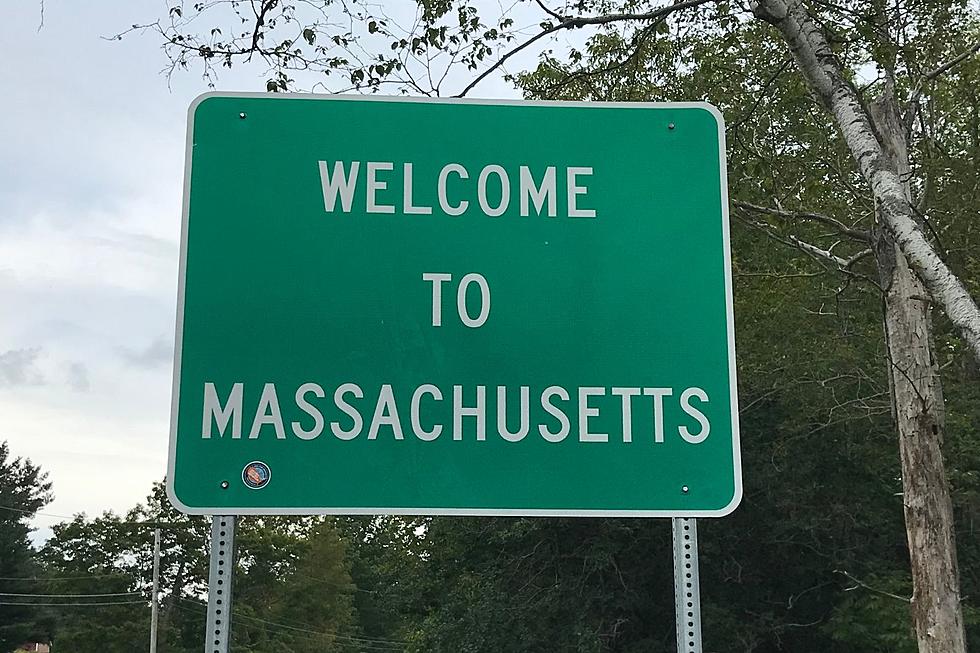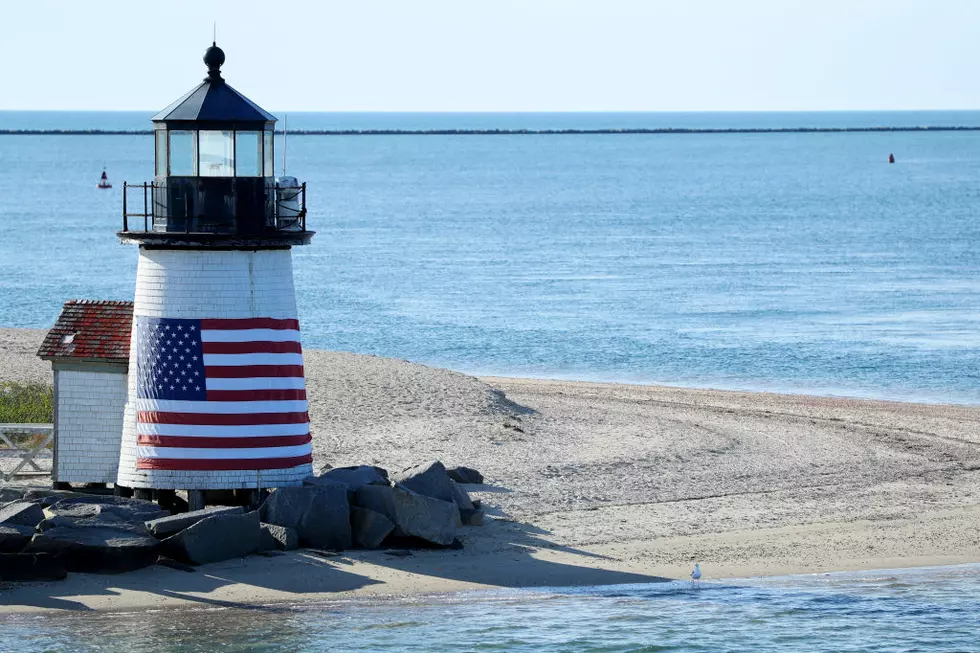
Is Vacationing Away from Berkshire County a Good Idea Right Now?
We just finally started to get our lives back. We're taking trips again, going to shows and concerts again, and we're going out to dinner again. Enter the Delta Variant. Ugh.
I don't know about you, but I still want to get away somewhere, and the thought of hunkering down again is not exactly resonating well with me. So, should we or shouldn't we travel. AAA has some tips for taking that desperately wanted trip as we deal with this new strain of COVID-19, but it all starts of course with heading the guidance of the Centers for Disease Control and Prevention.
AAA Travel experts are continually providing information and tips for traveling safely, to help people make the decision that is right for them. It’s important to take into consideration the Centers for Disease Control and Prevention guidance, which advises that fully vaccinated people can travel domestically with little risk. For unvaccinated people, they advise delaying travel. Additionally, some destinations and travel providers may require proof of vaccination before traveling.
Travelers should consult the expertise of a knowledgeable travel agent who can help guide you through this decision-making process, including exploring travel insurance options to protect your vacation investment... Travel suppliers are also going the extra mile to help keep guests safe, in some cases requiring vaccines, but also adding wellness guides on tour vacations, cruise lines operating at reduced capacities, adding enhanced cleaning protocols throughout the travel landscape, and more. ~ Mary Maguire, Director of Public and Government Affairs for AAA Northeast

The agency says that travel insurance options vary greatly, but could potentially cover expenses related to the need to cancel or postpone your trip, flight delays or cancelations, and any extra hotel or transportation expenses incurred. While travel insurance policies have historically not covered epidemics or pandemics, some providers have started to introduce plans that cover some losses due to COVID-19 or other epidemic diseases, due to shifting consumer expectations. Travelers should refer to a knowledgeable AAA travel agent or their travel insurance provider for details.
You should of course follow the CDC’s Mask Guidance for Travelers:
The CDC recently updated its guidance on mask-wearing, advising people in areas with high COVID-19 transmission to wear masks indoors, regardless of vaccination status. You will be required to wear a mask on planes, buses, trains, and other forms of public transportation traveling into, within, or out of the United States, and in U.S. transportation hubs such as airports and stations. Additionally, some states and cities have updated their mask and other travel requirements.
Masks should be at the top of your packing list since guidelines and requirements will vary from place to place... Also bring along disinfecting wipes, hand sanitizer, and a thermometer to help protect and monitor your health. For road trips, also consider packing water and extra snacks to reduce the need to stop along your trip. ~ Maguire
Here’s what you can expect using different modes of travel:
Road trips can offer more flexibility than some other modes of travel, but it’s still important to plan ahead for travel by car. Understand the impact COVID-19 has on cities and states you are traveling through and if there are any restrictions in place. To be informed, check out AAA’s COVID-19 Travel Restrictions Map and TripTik.AAA.com.
For those traveling by air, the CDC advises that most viruses and other germs do not spread easily on flights because of how air circulates and is filtered on airplanes, in addition to the universal use of masks throughout the air travel experience. AAA recommends travelers consider enrolling in TSA Pre-Check, to help expedite their time through potentially crowded airports this summer.
See the Must-Drive Roads in Every State
LOOK: See how much gasoline cost the year you started driving
CHECK IT OUT: See the 100 most popular brands in America
More From WBEC AM









